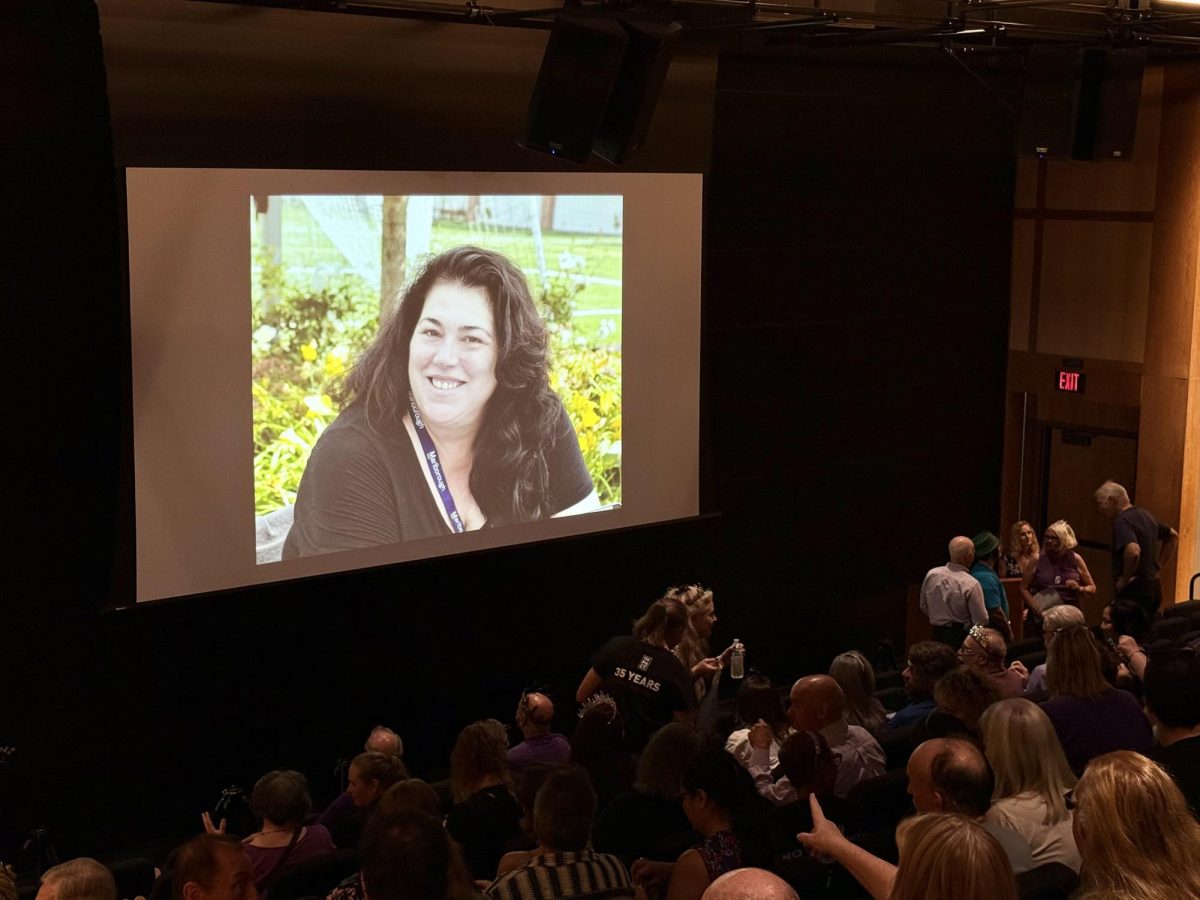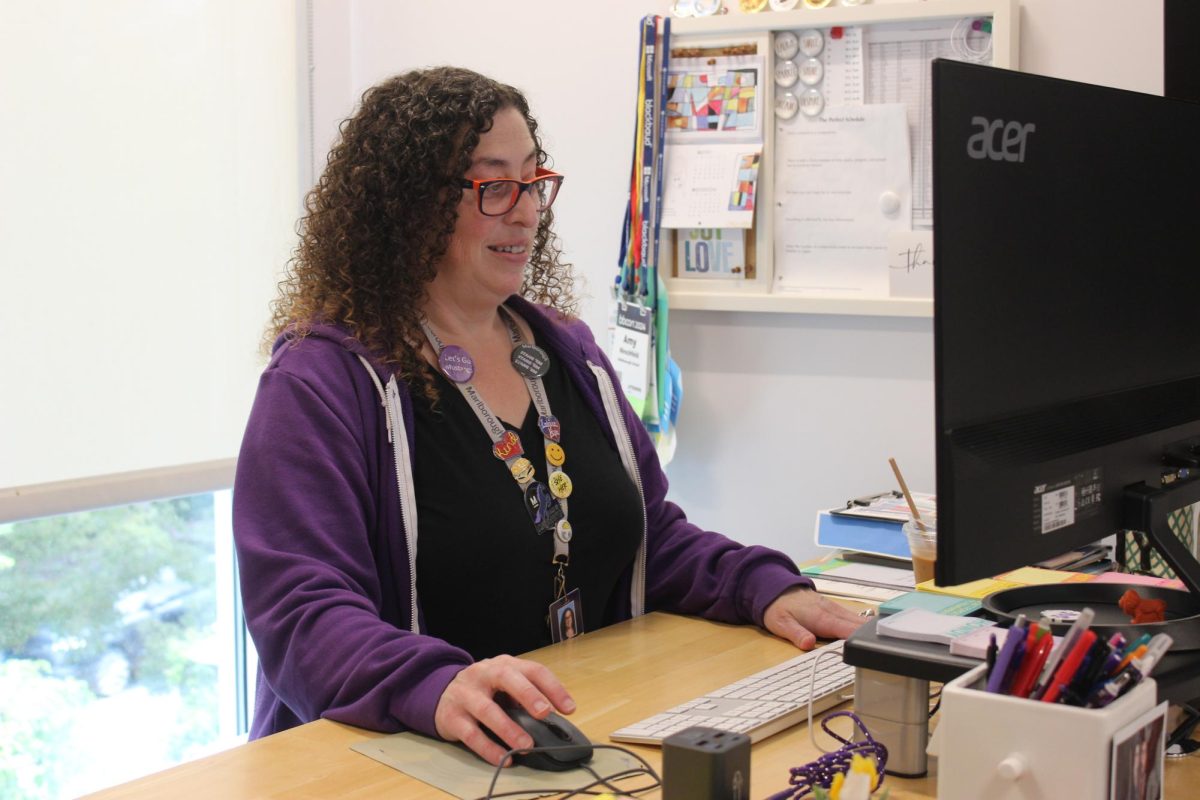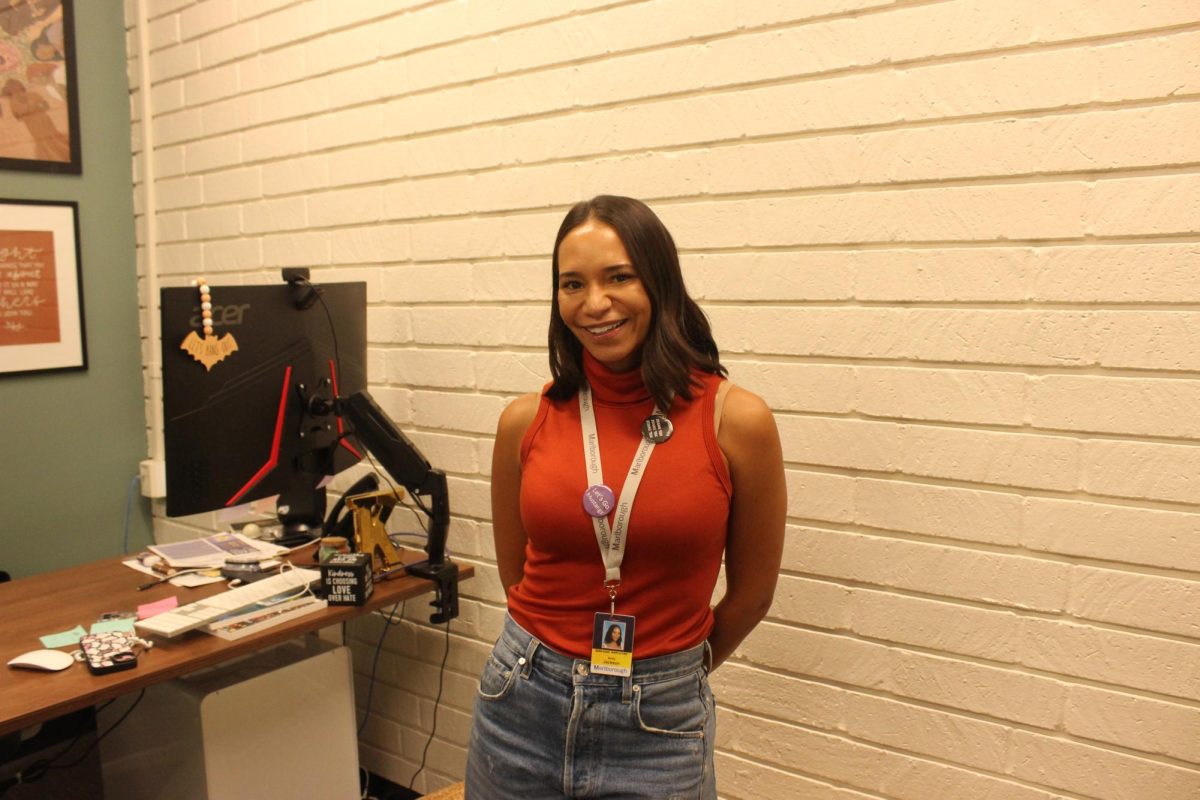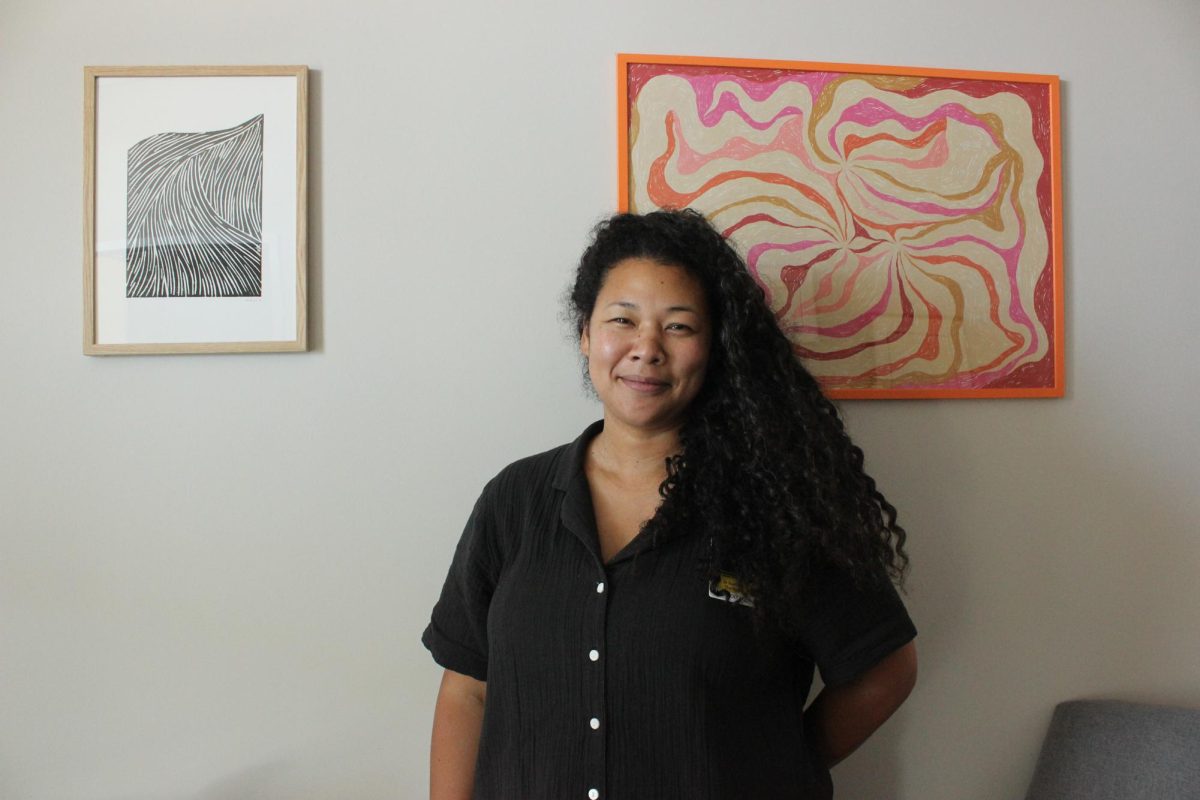
At the beginning of the school year, the Social Justice Special Studies course was piloted and offered to a small handful of Marlborough students. Next year the course will be called the Social Justice Action Network and will continue to use one-on-one learning rather than a lecture-based style. Students met with Community Partnerships Program Head Javier Espinoza individually every week this year and experienced a specified lesson tailored to a relevant topic.
“Students learn about systemic inequality, why it exists and how it looks in their community,” Espinoza said. “It is very experiential-based learning. You learn through doing.”
The course is centered around volunteer work a student can do outside of Marlborough, so early on in the year, each of the eight students in the program connected with organizations that strive to better their communities. After establishing a relationship with an organization, the students regularly volunteered there and visited after school. The lessons and meetings with Espinoza surrounded the unique and specific work each student was accomplishing in the community to provide a concrete connection between what they were learning in school and what they witnessed and helped with outside of school.
“Social Justice isn’t something that can be learned about through a textbook; rather, it’s an immersive experience that requires both participation and engagement,” Jina ‘23 said.
Some of the students volunteered at Alexandria House, a transitional home for women and children located close to the Marlborough campus. The students tutored young children as a part of Alexandria House’s after-school program. Espinoza described a strong mutualistic relationship between the students and the organization itself because both parties benefited.
“Students get to be in a class where maybe we are learning about the patriarchy and how that translates to some things like the gender pay gap and the gender and race pay gap,” Espinoza said. “We learn about that in our one-on-one sessions and then when we go and see Alexandria House and the shelter for women, and we see how that systemic inequality that’s gender-based and race-based plays out.”
Alexandria House is more accessible to the Marlborough community than many other organizations because of its close proximity to Marlborough and its multitude of programs, including a thrift shop, food pantry, cooking opportunities and more. Espinoza decided to make it the sole organization partner for every student in the course beginning next year. Students now have the opportunity to relate a specific social justice topic to any of those programs like connecting the thrift store to learning how to combat the negative effects of fast fashion.
“I love this partnership with Alexandria House, as I think the organization allows Marlborough students to participate in the most various styles of volunteering, wherever their area of exploration lies,” Jina said. “As Mr. Espinoza described, students can do any activity ranging from organizing food pantries to recycling clothes and adjust their service based on their passions.”
Espinoza will continue to lead the new course next year with availability for 11th- and 12th- grade students.
“The ultimate goal would be to have students understand that they can directly make their community a better place,” Espinoza said. “They have that chance and they have the opportunity.”






